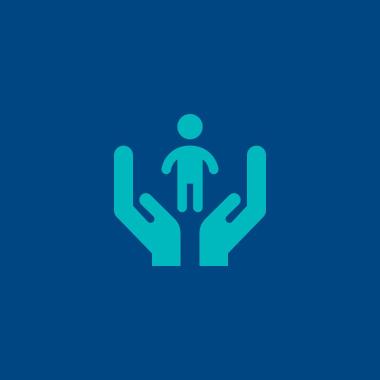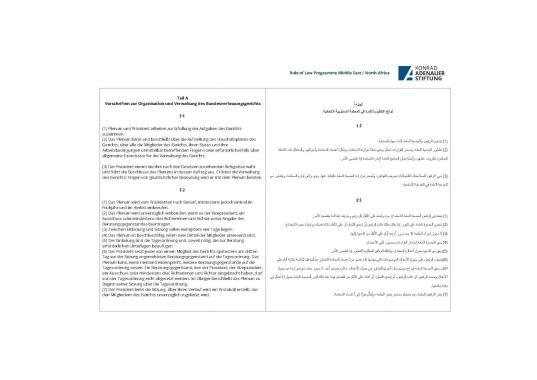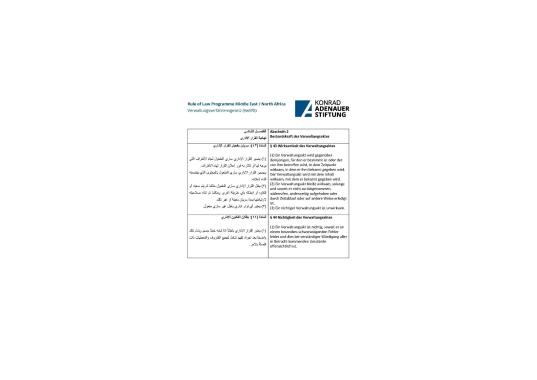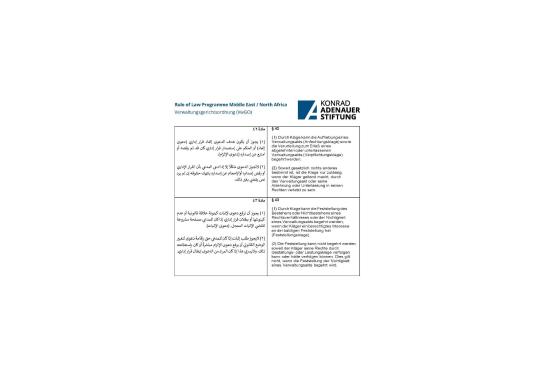About this series
Bridging legal language barriers
The rule of law has always, but particularly been noteworthy in the Arab world since the 2011 popular uprisings that reformed the institutions in several countries of the region such as Tunisia, Egypt, Yemen, Libya and more. Laws and rulings present the norms in which society must conduct itself in. In many of the countries in the region, many laws are unimplemented, are selectively implemented or even are impossible to implement. Alongside the slow socio-economic growth these countries are facing – notably due to ongoing crisis across the region -, societies in the MENA region have to some degree still not grown accustomed to the importance of laws and rulings in organizing their societies.
As a result of Germany’s dark Nazi past, the country’s "Basic Law" (Grundgesetz) of 1949 has seen significant value within its people, as they see it as a sign of national pride. The members of the drafting constitutional council spelled out the essence of what they considered to be essential lessons for building a democratic state that upholds the rule of law and protects human dignity (Menschenwürde) against all imaginable future threats. The Grundgesetz created a legal framework for a stable and sustainable democracy, making it an obligation for the executive, legislative and judiciary powers to conform to these laws and the seperation of powers. With time, both laws and rulings have created a stable framework in which society and public institutions simultaneously work together in preserving individual rights.
In Middle Eastern and North African countries, there has been a steady evolution of law and legal systems, resulting from a mix between westernized “modern” influence as well as keeping its traditional values in place. Efforts in modernizing judicial and legal practices using western legal means have been a helpful tool in spreading democracy in the region. As part of this series, the Rule of Law Programme Middle East & North Africa translates court decisions and laws from German into Arabic. These efforts will permit young scholars to explore the importance of legislative and judicial work in developing a sustainable democratic system.
Beirut, 2023; by Philipp Bremer & Ahmad Jenzarli








